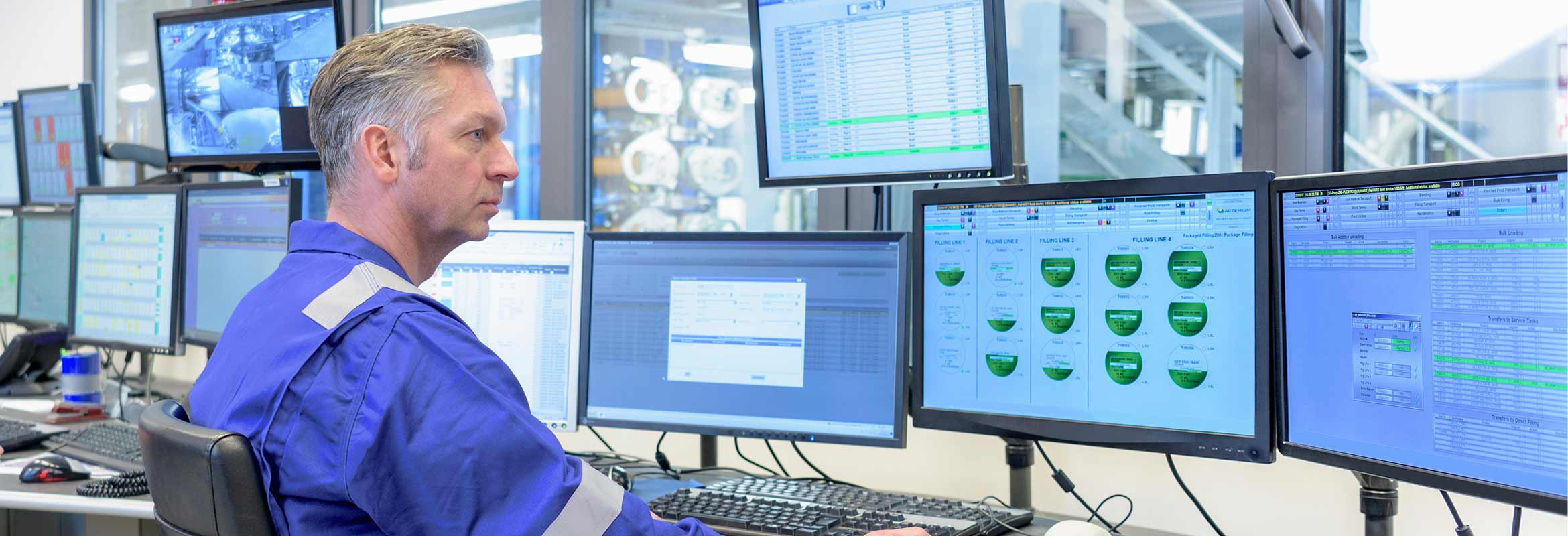Although the upstream process systems are generally straightforward, the operating requirements for production systems are becoming more restrictive.
We provide solutions that support the customer’s business objectives, from conceptual stage through to safe and profitable operation.
The following constraints place increasing importance on efficient process control
Slugging from multiphase subsea tiebacks
Increasing reliance of mature fields on gas lift
Tighter legislative requirements for produced water, flaring and energy reduction.
Alarm rate limitations
Turndown issues
Under the Process Engineering umbrella CORE offer:
Process Optimisation
Process Safety and
Dynamic Simulation/Modelling Services.
Uptime
Small reductions in uptime obviously cause significant revenue losses. For mature assets, this is increasingly important due to prolonged restart durations following even a short shutdown.
Production trips are a major environmental challenge due to associated flaring and restart instability that invariably affects produced water system efficiency. High BS&W readings are also a common occurrence on restart as operations personnel struggle to maintain high quality produced water for overboard discharge.

